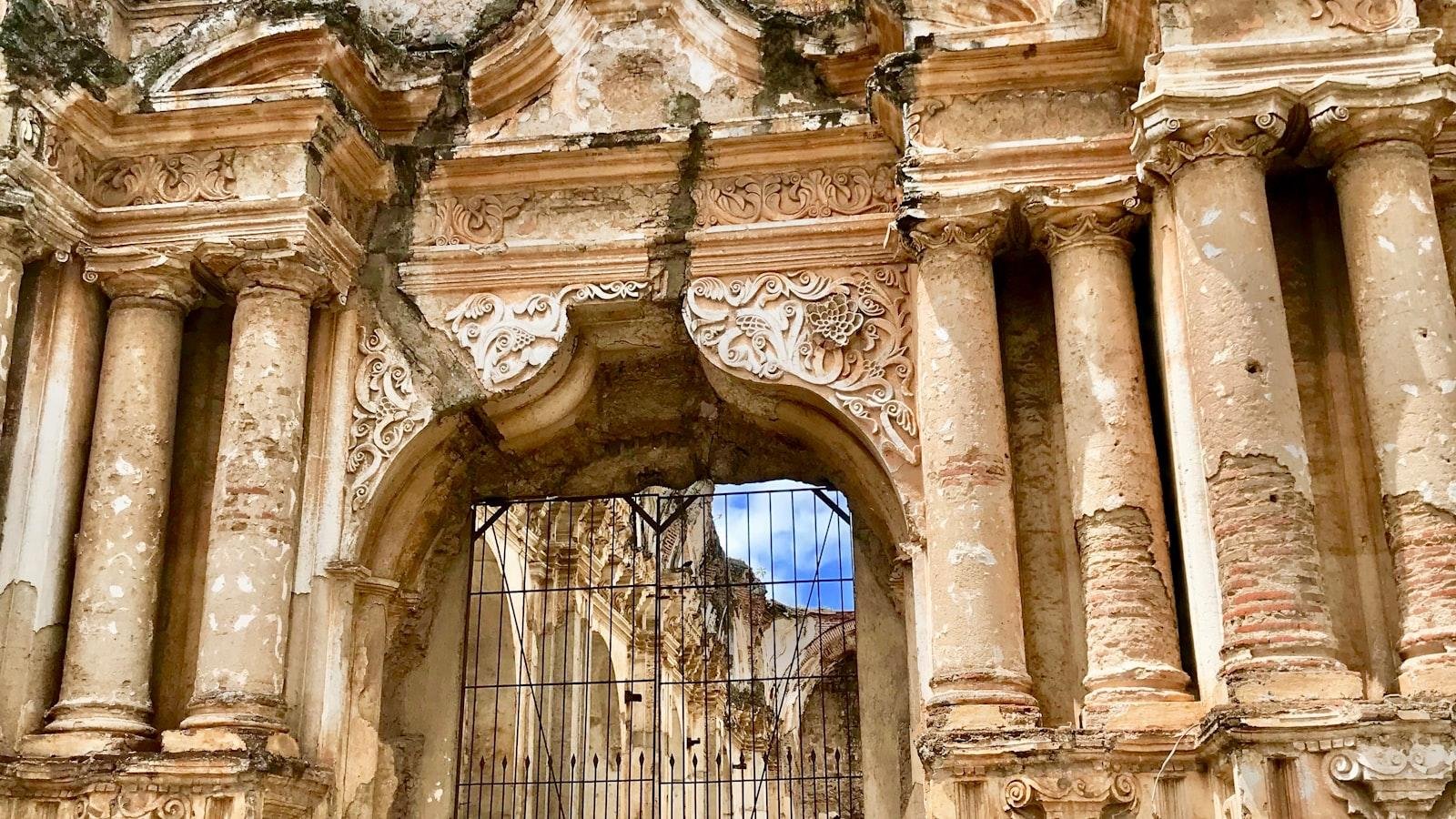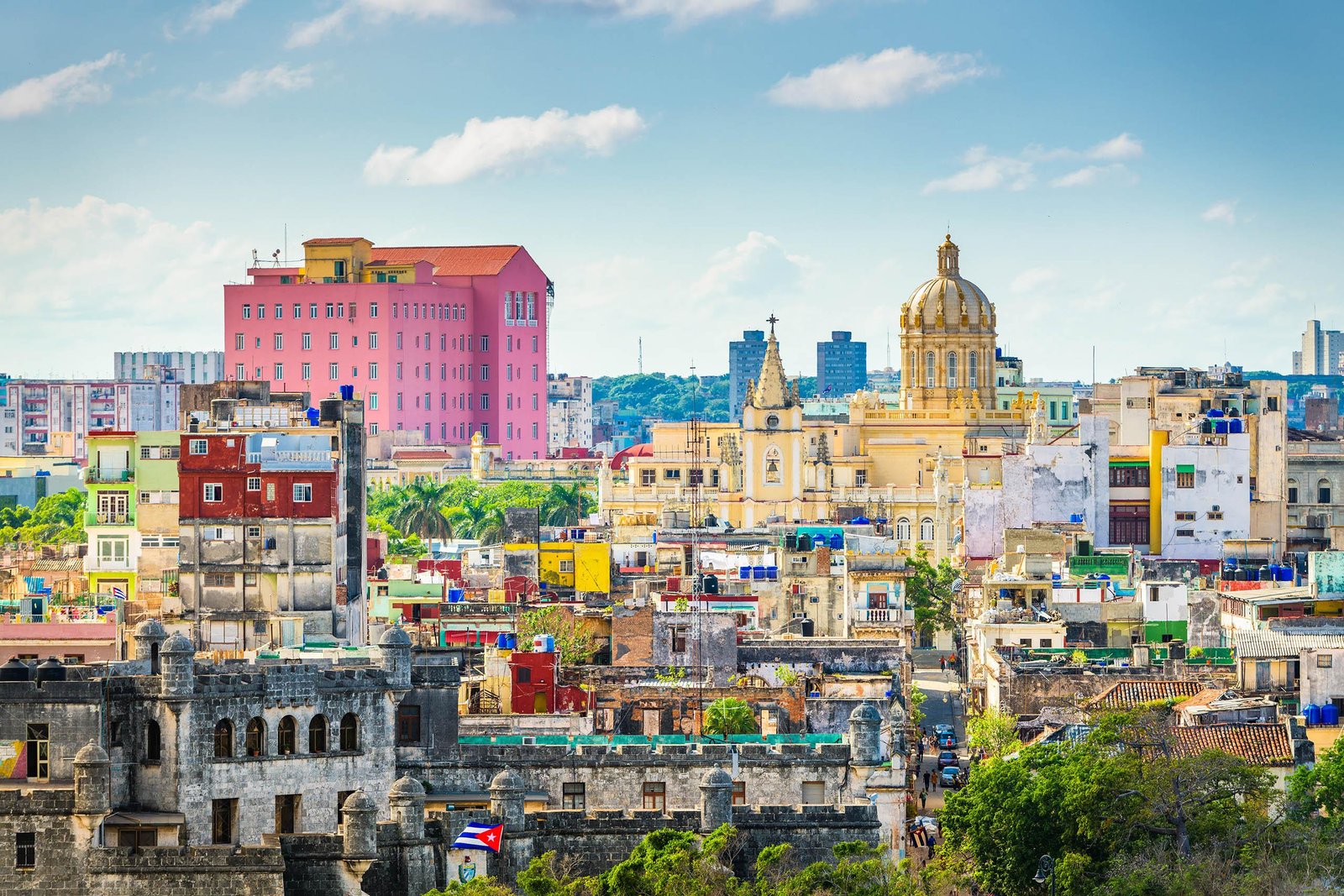Now Reading: Mali
- 01
Mali

Mali
Located in West Africa, Mali is a country steeped in rich cultural history and diverse landscapes. From the bustling markets of Bamako to the ancient mud-brick villages of the Sahara desert, Mali offers visitors a glimpse into a world renowned for its traditional music, vibrant art scene, and centuries-old traditions. In this article, we will explore the unique aspects of Mali’s culture, geography, and historical significance. Join us as we delve into the fascinating world of this West African nation.
History and Cultural Heritage of Mali
Mali, located in West Africa, boasts a rich history and cultural heritage that dates back centuries. The country is home to ancient civilizations, such as the Mali Empire, which was one of the largest and most powerful empires in Africa during its peak in the 14th century. This empire was known for its wealth, trade routes, and vibrant cultural scene.
Today, Mali is known for its diverse cultural traditions, including music, dance, art, and storytelling. The country is famous for its vibrant music scene, with traditions such as the griot storytelling tradition and the popular music genre of Malian blues. Additionally, Mali is home to several UNESCO World Heritage Sites, such as the legendary city of Timbuktu and the ancient mosques of Djenné, which showcase the country’s architectural and historical significance.

Economic Challenges and Opportunities in Mali
Mali is a country in West Africa that faces a variety of economic challenges and opportunities. One of the main challenges is the dependence on agriculture, which is vulnerable to climate change and fluctuations in market prices. This sector employs a large portion of the population and contributes significantly to the country’s GDP. However, diversifying the economy is crucial to ensuring sustainable growth and development.
On the other hand, Mali has great potential for economic growth, particularly in the mining sector. The country is home to rich deposits of gold, uranium, and other resources that can contribute to export earnings and foreign investment. Developing infrastructure and improving the business environment are key to harnessing these opportunities and promoting economic stability and prosperity for all Malians.
Political Landscape and Governance in Mali
In recent years, Mali has faced numerous challenges in its political landscape and governance. The country has experienced political instability, corruption, and insecurity, which have had a significant impact on its development and the well-being of its citizens. The government has struggled to effectively address these issues, leading to a sense of frustration and disillusionment among the population.
Despite these challenges, there have been efforts to improve governance and promote stability in Mali. The country has held several democratic elections, with varying degrees of success. Additionally, there have been attempts to address corruption and improve transparency in government operations. However, these efforts have been hampered by ongoing conflicts and security threats in the country, making it difficult to achieve meaningful progress.
Sustainable Development Initiatives in Mali
In Mali, there are various sustainable development initiatives aimed at promoting economic growth while protecting the environment and improving the well-being of the population. One of the key projects in Mali is the promotion of eco-friendly agriculture practices, such as organic farming and permaculture, to increase food security and reduce the reliance on chemical inputs.
Additionally, the government of Mali has been investing in renewable energy sources, such as solar and wind power, to reduce dependence on fossil fuels and increase access to electricity in remote areas. These initiatives not only help mitigate climate change but also create new job opportunities and improve the overall quality of life for Malians.
Humanitarian Issues and International Aid Efforts in Mali
One of the major humanitarian issues in Mali is the ongoing conflict and instability in the region. This has led to widespread displacement of people, with many fleeing their homes in search of safety. The resulting humanitarian crisis has placed a significant strain on international aid efforts in Mali.
International organizations such as the United Nations and various NGOs have been working tirelessly to provide assistance to those affected by the crisis. They are involved in activities such as providing food aid, medical assistance, and shelter to those in need. However, the volatile security situation in Mali has made it difficult for aid workers to access all areas in need, making it a constant challenge to deliver aid effectively.
Wrapping Up
In conclusion, Mali is a vast and diverse country full of rich history, culture, and natural beauty. From its ancient empires to its vibrant music and art scene, Mali offers a unique and fascinating experience for visitors. Despite facing challenges such as political instability and security concerns, the country continues to attract tourists with its warm hospitality and unique attractions. Whether you’re interested in exploring ancient ruins, taking in a traditional music performance, or simply enjoying the scenery, Mali has something to offer for everyone. So, consider adding Mali to your list of travel destinations and discover the rich tapestry of this West African nation for yourself.











